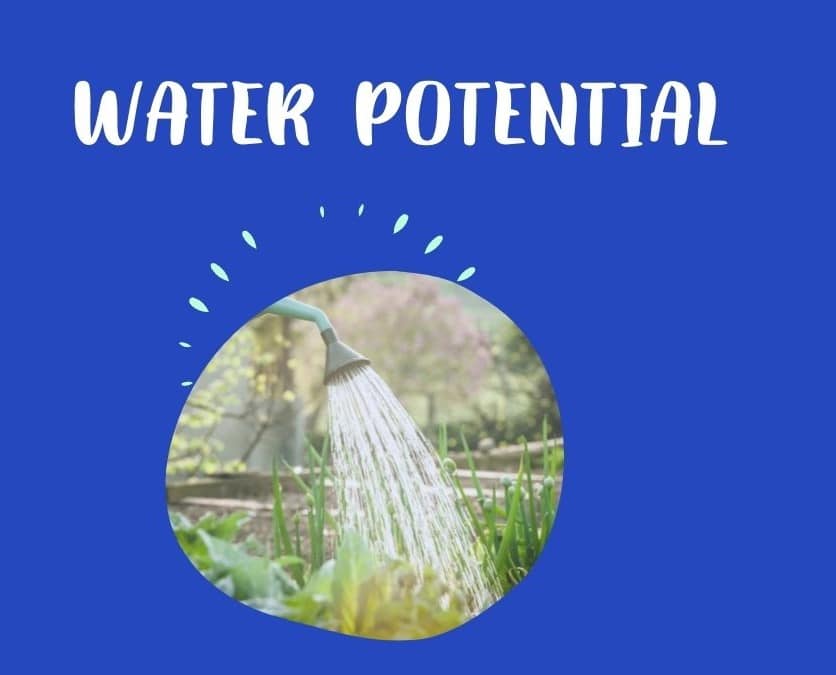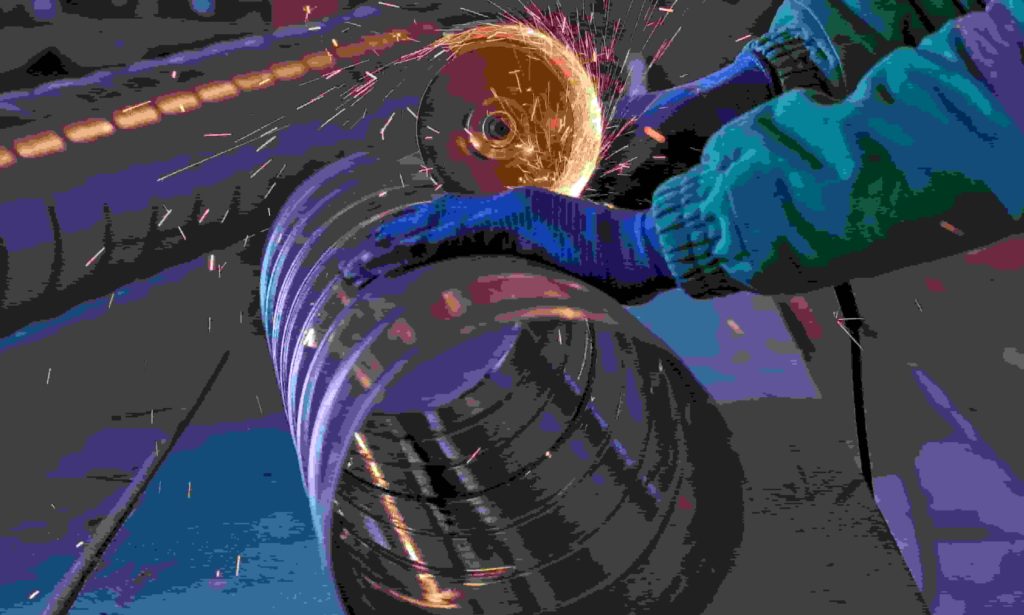The water cycle is the process through which water evaporates from the earth’s surface, rises into the atmosphere, cools and condenses into rain or snow in clouds, and then falls back to the surface as precipitation. Water that falls on land accumulates in rivers and lakes, soil, and porous rock strata, and much of it goes back into the seas to evaporate. Water flows in and out of the system. Water cycling in and out of the atmosphere is an important element of the Earth’s weather patterns.

Table of Contents
Water Distillation
Distilled water is obtained by boiling water, collecting the steam produced, and condensing it back into the water, providing clean water with no dissolved particles. It is the most transparent water accessible.
Distilled water is more expensive than tap water or reverses osmosis water because the distillation process takes electricity, which costs money.
Water with extremely few dissolved solids is created by pushing water through a permeable membrane in reverse osmosis. The pH of distilled water is 7.
Frequently Asked Questions
1. What is the weight of water?
Commoly used weight of water relations are given below:
1cm³ of water = 1ml = 1g.
1L of water = 1000ml = 1kg = 1000g.
1 US gallon of water = 3.785 liters = 3.785 Kg.
1 UK gallon of water = 4.546 liters = 4.546 Kg.
2. Why does oil float on water?
Oil floats on water because its density is lower than that of water. Density in liquids is defined as the amount of mass that may be filled in a cubic meter of volume. Water has a density of roughly 1000 kg/cubic meter, while oil has a density ranging from 800 to 960 kg/cubic meter.
3. What is a water molecule and how many hydrogen atoms are in a molecule of water?
Water is a substance that exists in gaseous, liquid, or solid phases and is made up of the chemical elements hydrogen and oxygen. It is one of the most abundant and necessary chemicals. At room temperature, it is a tasteless and odorless liquid with the critical capacity to dissolve many other compounds. Water’s capacity as a solvent is critical to living creatures.
A water molecule consists of two hydrogen atoms attached to the sides of a single oxygen atom.
4. What is a water molecule and how many hydrogen atoms are in a water molecule?
Water is a substance that exists in gaseous, liquid, or solid phases and is made up of the chemical elements hydrogen and oxygen. It is one of the most abundant and necessary chemicals. At room temperature, it is a tasteless and odorless liquid with the critical capacity to dissolve many other compounds. Water’s capacity as a solvent is critical to living creatures.
A water molecule consists of two hydrogen atoms attached to the sides of a single oxygen atom.
5. Is boiling water a chemical change?
The boiling of water is not a chemical change as the water vapors retain the same molecular structure as liquid water.
6. Is water a pure substance?
Pure water is also known as distilled water or deionized water. In distilled water, evaporation removes all of the dissolved substances. As it evaporates, water either distills or leaves the salt behind. Pure water is collected and condensed to produce distilled water.
7. What is water potential?
Water Potential is a gradient of free water molecule concentration. The water potential rises with the free water molecule count. Osmosis transports water from a high potential to a low potential. Due to the low water potential, the water tends to stay put. Pure water lacks water potential due to a lack of solute and pressure.
More Interesting Topics
Soft Water vs. Hard Water
Density of Water in g/ml-Accurate Value
How Many Water Bottles is a Gallon| Examples
The Density of Water lbs/U.S gal
What is Heavy Water?
Why Does Oil Float on Water?
Kinematic Viscosity of Water
- BCl3 Lewis Structure in four simple steps - November 1, 2023
- PH3 Lewis Structure in four simple steps - October 8, 2023
- PF3 Lewis structure in four simple steps - September 24, 2023



